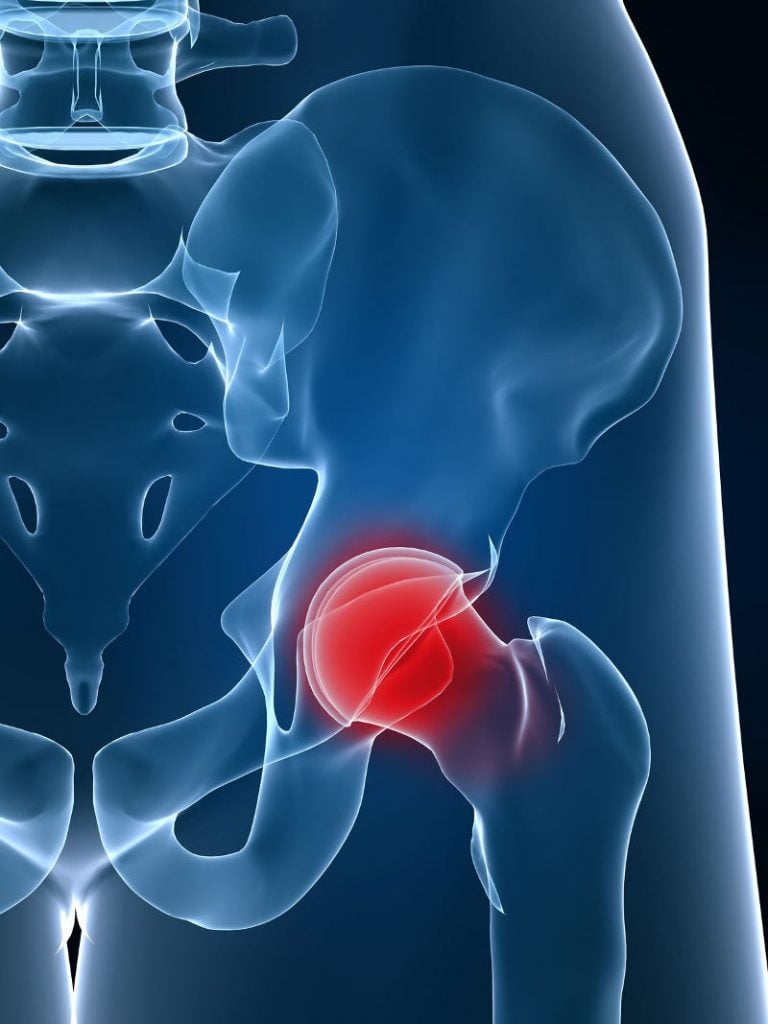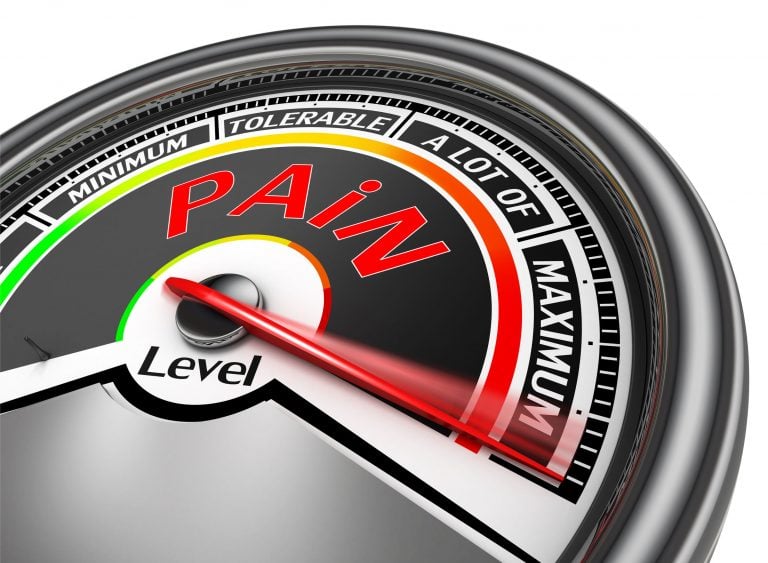Habits and Choice
In our classes we explore the way in which our habits influence our freedom of choice. We all have habits, some of them that are very useful. Consider the way we can drive a car or clean our teeth without making much conscious effort.
Other habits are not very useful or even harmful such as constantly hunching the shoulders or poor posture at the computer. Holding the breath is a habit we often consider to be bad, however even our ‘bad habits’ have uses. It’s useful to hold your breath for example when you are diving underwater. In Feldenkrais we are not trying to get rid of our habits, but simply to become aware of them, so that in any one moment we have freedom of choice.
Moshe Feldenkrais often said that unless you have at least 3 options you have no real choice. Is having 2 options real choice? Imagine if someone told you that for the rest of your life you have 2 choices – you can wear any colour of clothing you like as long as it’s black or white. Would you have real freedom of choice? What about all the shades of grey in between? and all the colours of the rainbow?
In every Feldenkrais lesson, group or individual, we present you with a variety of different and often novel movement options. These unique and different movement combinations awaken our sense of curiosity, facilitating learning. This begins the process of freeing ourselves from habitual ways of moving, thinking and feeling that may be limiting us. It’s as if each Feldenkrais lesson adds new colours to your movement palette, giving you true freedom of choice.
Spinal Mobility – Alison’s Classes in Fourth Term 2016
Neck and back pain are one of the most common health problems affecting people in our community today. They often cause us to restrict our movement to protect ourselves. While this may help in the short term, long-term it may result in chronic, persistent or recurrent pain. According to award winning author Norman Doidge, the patterns of self-protection may themselves become the primary source of pain and disability.
In our classes we learn how to free ourselves from these restrictive patterns. There are pain-free ways of softening, turning and bending our spines. We will also be investigating how our breath, the use of your eyes and tension held at our jaws and hands can influence the mobility of the spine. Improving the efficiency of our movement patterns helps us to find a more fluid, comfortable and even graceful style of movement. Our aim is to improve our ability to bend and twist the neck and back, so we can relieve our own pain and tension.




